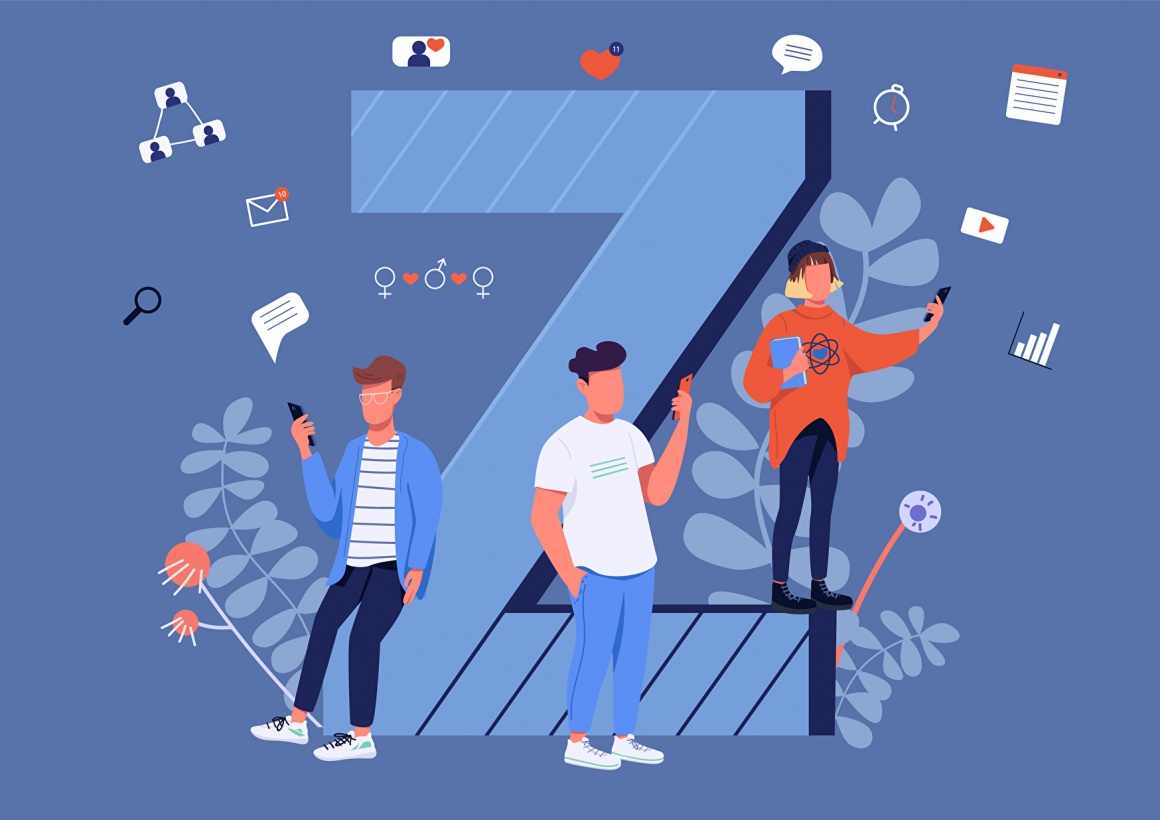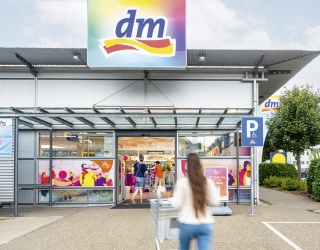
Leading digital experience platform provider Optimizely (formerly Episerver) today announced new survey data revealing the nuanced preferences of Gen Z and Millennial consumers as we begin to emerge from the pandemic. The survey, which polled 1,000 U.S. consumers, showed that more than half of Gen Z finds inspiration on TikTok, Instagram or Facebook (in that order) when shopping, yet the majority still turn to Amazon and third-party websites to make purchases.
As Gen Z turned to social media more than ever during the pandemic, the millennial generation emerged with high expectations for brands – Optimizely's survey revealed that Millennials were more likely than any other generation to look at a brand’s value and mission if they could not decide which brand to buy from.
This indicates that younger generations are looking well beyond the product when shopping – they are heavily influenced by a brand’s social presence, values, and many other factors that are crucial for brands to understand, and optimize for, if they wish to succeed.
"Across every generation, today’s consumers are hungry for perfection when it comes to their digital experiences," said Kirsten Allegri Williams, CMO of Optimizely. "It’s important that brands recognize this and optimize their platforms to best entice new and existing customers. They need to know who they are selling to and we are here to help them crack the code on their buyers’ digital journeys ahead of one of the largest spending economies of the century."
Additional insights from the survey include:
- Only Gen Z values personalization above all: More than a third of Gen Z values personalization over all else when it comes to their digital experience (37%), while all other generations valued simplicity most. 52% of Gen Z value personalization so highly that they are willing to share more information with brands if it means a more personalized shopping experience, while less than a third of Baby Boomers are willing to share information.
- However, even the digital generation is concerned with the information brands have about them – which speaks to the care brands need to take when approaching all consumers: 42% of Gen Z respondents are concerned with how much brands know about them. While this is the lowest of all generations it is still nearly half of Gen Z respondents. Millennials followed suit with 55% saying they are concerned with how much brands know about them, while the majority (66%) of Boomers are concerned.
- Simplicity, speed and personalization win big: All consumers, not just the latest generation to enter the market, are increasingly expecting their digital experience to be seamless and multifaceted from discovery to post-purchase. While Gen Z, Millennials and Baby Boomers did not agree on what the term digital experience meant to them, they all ranked simplicity, speed and personalization high on their list of what they are looking for from brands.
- The definition of digital experience is not clear: There is significant confusion about the definition of digital experience. Over a third (36%) of Baby Boomers believe digital experience is just the website and app that brands provide, and other generations are split on a definition across the board. The fact that consumers are so split on what they consider to be a brand’s digital presence indicates that digital interactions with brands will take many forms - underscoring how crucial it is that brands are providing consistent experiences across all channels.




